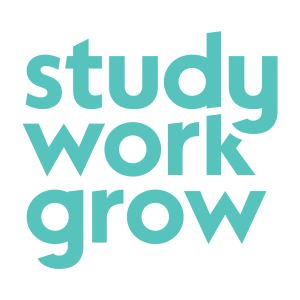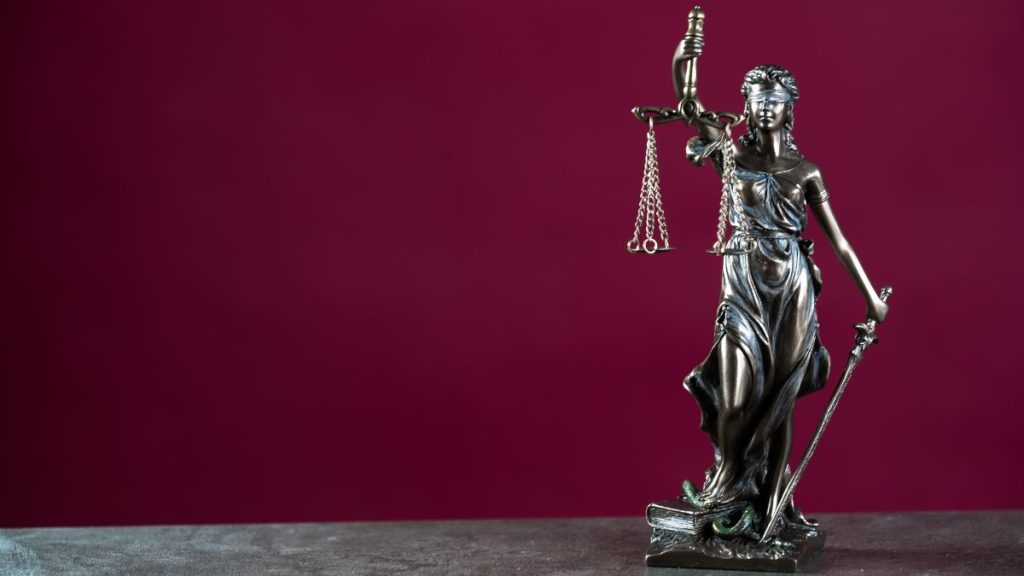Exploring a career in law can seem challenging, but hearing the stories of Indigenous people who have made their mark in the field can be both inspiring and eye-opening. From fighting for justice to protecting the rights of their communities, these trailblazers show how the law can be a powerful tool for change.
In this blog, we’ll look at the journeys of some Indigenous lawyers, judges, and legal advocates who’ve overcome barriers and made a difference. Whether you’re interested in law or just curious about career paths, these stories offer a glimpse into what it’s like to turn passion into purpose.
Dr Terri Janke
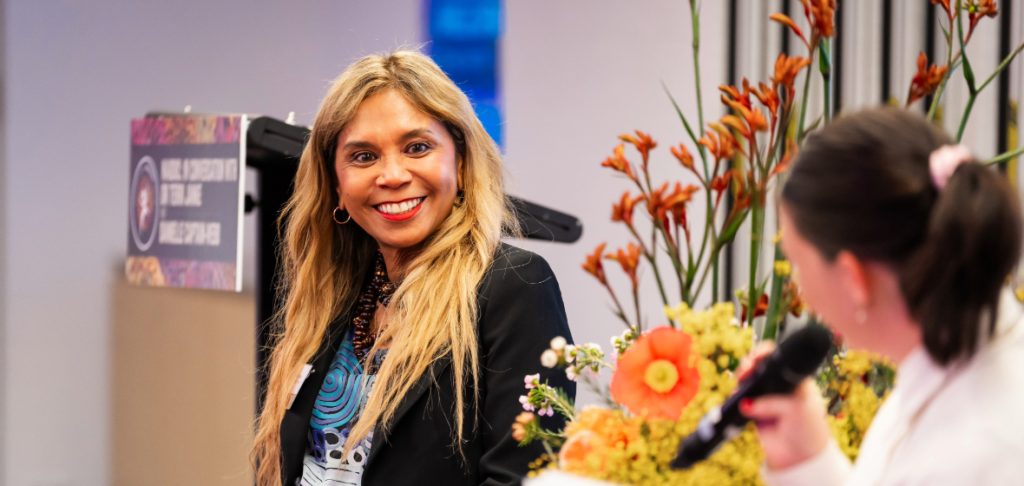
Ever since she was a teenager, Wuthathi, Yadhaigana, and Meriam woman Terri Janke knew she wanted to do something that made a difference in the world. Having unfortunately faced prejudice, she was inspired by her sister to study law at UNSW.
Her journey hasn’t always been easy, but she has since established her own law firm and is now an international authority on Indigenous Cultural and Intellectual Property.
“I realised that the world wasn’t always fair. I was pretty shy and I experienced a lot of racism as a child. It really hurt me. I just wanted to do something that was different, that could make a difference in the world.”
You can read more about Terri’s story here.
Justice Michelle O’Bonsawin
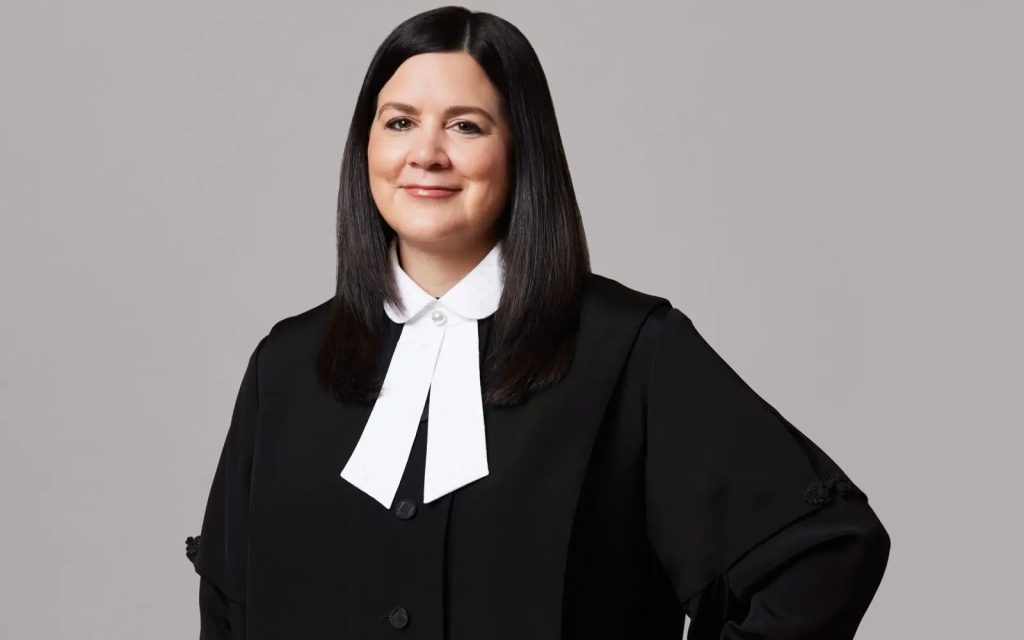
Odanak woman Michelle O’Bonsawin became heavily involved with her community when she was a teenager. Her passion for Indigenous and women’s issues was ignited after meeting with her father’s cousin, a community Elder.
Since becoming a lawyer, she’s worked in many different areas, including employment, mental health, and human rights. And in 2022, she was appointed as the first Indigenous judge of the Supreme Court of Canada.
“I have never been a conformist, and I have always told those whom I mentor to be yourself and don’t forget who you are, because if you change who you are, you’re not true to yourself in your beliefs and your values. The best piece of advice is to be yourself. Do not forget who you are and where you come from.”
You can read more about Michelle’s story here.
Darcy Cohen-Hunter
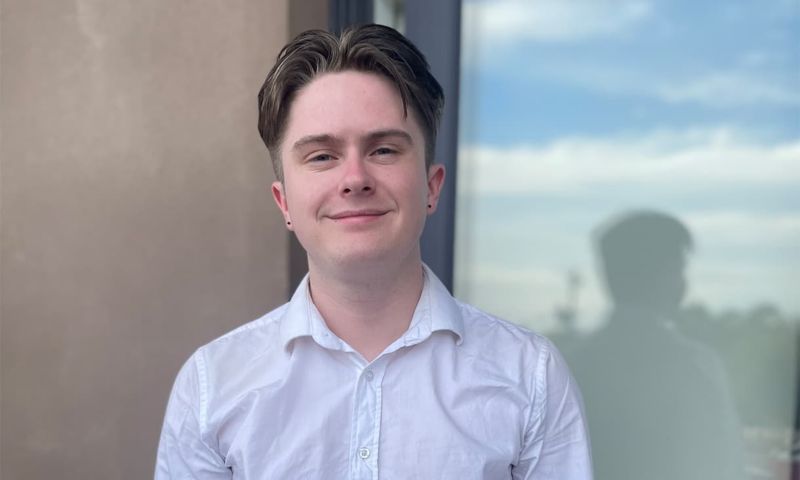
Wurundjeri man Darcy Cohen-Hunter didn’t always know what he wanted to do once he left school. At first, his biggest concern was whether he would rather wear a suit or high-vis.
He ended up choosing a suit, and recently graduated from an Associate Degree in Legal Practice (Paralegal) at RMIT. Now, he’s started working as a Law Clerk with Slater and Gordon’s Abuse Law team – an area he’s incredibly passionate about.
“As we’re constantly seeing in the media, there is a long way to go to improve the representation of Indigenous people. One improvement I’d love to see in law is having specific teams or focus groups within big firms that provide First Nations clients with First Nations lawyers. I believe this would make any legal process for mob less stressful and less intimidating.”
You can read more about Darcy’s story here.
Justice Michael Lundberg
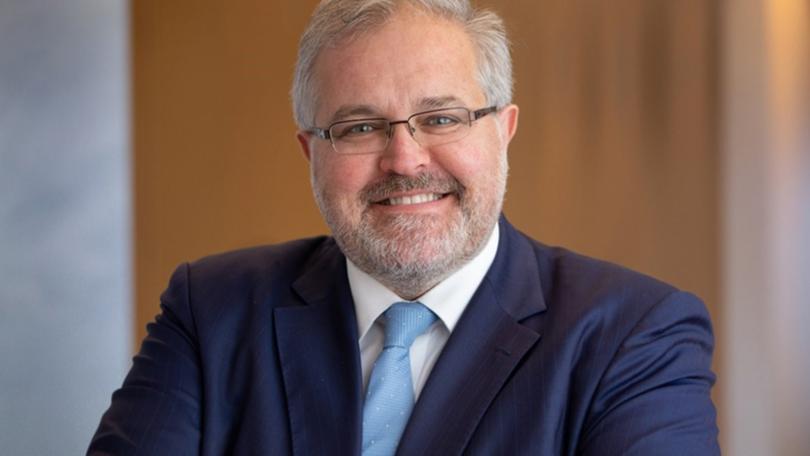
Wajarri Yamatji man Michael Lundberg’s passion for justice came from his mother, Dr Sue Gordon, who was the first Aboriginal magistrate in Western Australia and a member of the Stolen Generations.
In September 2022 – following in his pioneering mother’s footsteps – he was appointed the first Indigenous Supreme Court judge in Western Australia.
It’s an achievement he didn’t even know he wanted when he first completed his degree in commerce and law – but he’s proud to be giving back to his community and would definitely describe it as his “dream job”. Now, he wants to encourage other young Indigenous students to consider a career in law.
“It’s finding places within the legal community that may not be traditional but where Indigenous people can actually make a difference from the inside.”
You can read more about Michael’s story here.
Merinda Dutton
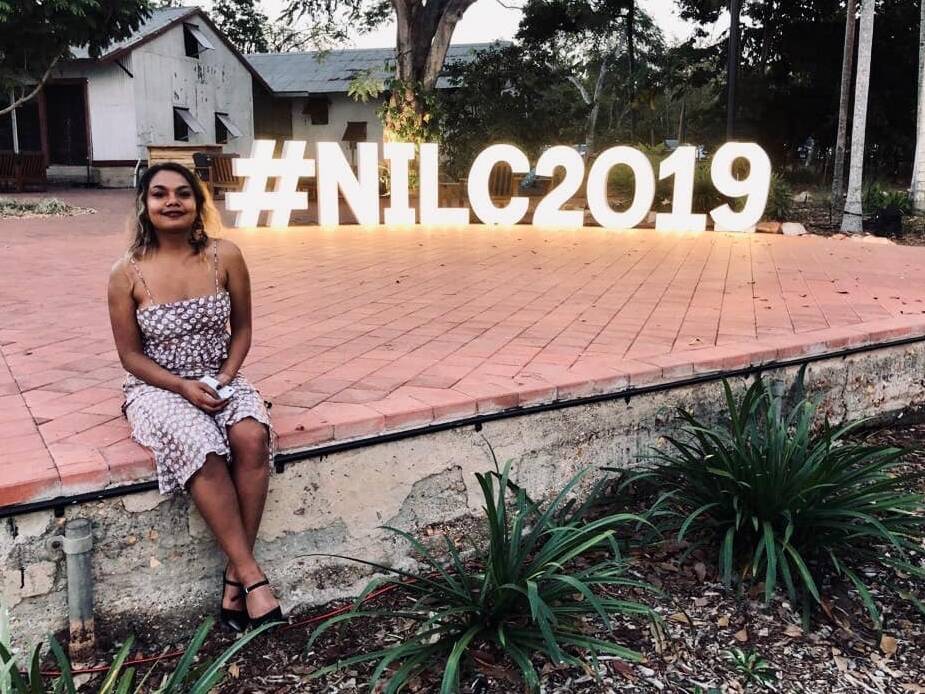
Gumbaynggirr and Barkindji woman Merinda Dutton’s passion for law came from the stories her dad would tell her about being a survivor of the Stolen Generations.
She graduated from UNSW in 2013 with a Bachelor of Jurisprudence/Bachelor of Laws, and is now a senior lawyer at Legal Aid NSW. She’s also been the recipient of the National Indigenous Legal Professional of the Year Award, and is an emerging writer and co-founder of Blackfulla Bookclub.
“I hope that I can get to the end of my legal career and say that I have been fearless in seeking justice and truth and that I have played a part in supporting Aboriginal people and communities to be self-determining.”
You can read more about Merinda’s story here.
Rosie Abbott
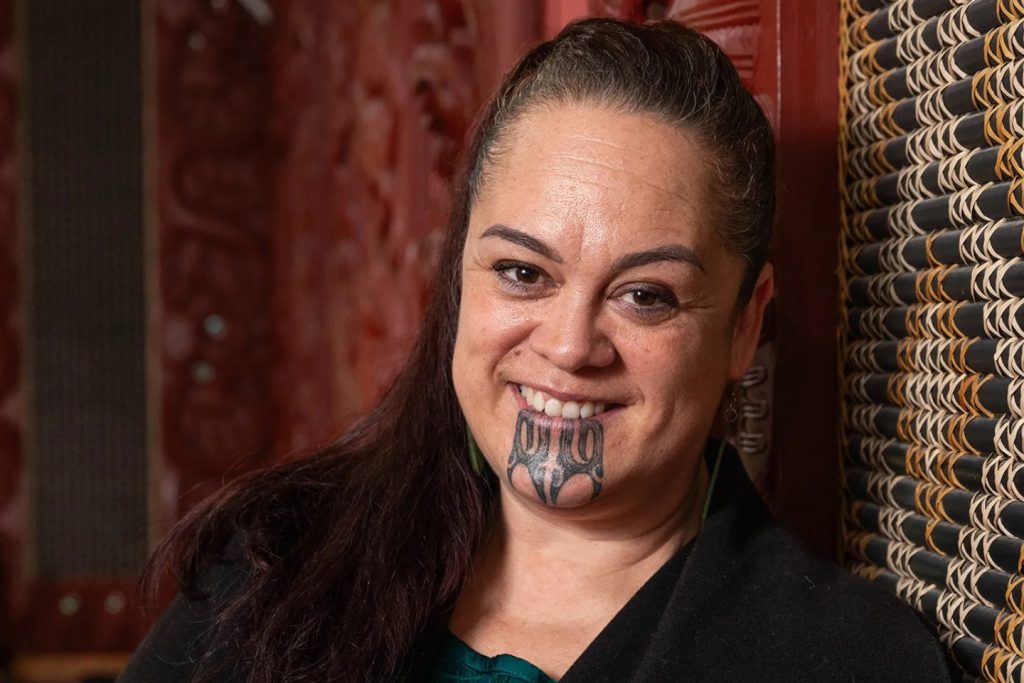
Rosie Abbott is a wahine Māori barrister, passionate about using her cultural values to connect with offenders.
While volunteering for Hoani Waititi Marae as a law student, she was exposed to an indigenous way of mitigating crime that aligned with her values – Te Whānau Awhina.
Now, she has pioneered a restorative justice program that helps troubled young people resolve their issues and avoid incarceration, Te Whare Whakapiki Wairua.
“I was able to speak my language and there is this connection to people – whakawhanaungatanga – that you don’t get in the other courts. Families are also involved every step of the way.”
Read more about Rosie’s story here.
Finding your own path
The stories of these Indigenous law professionals remind us that the path to a meaningful career is not always easy, but it’s filled with opportunities to make a difference. Whether they’re advocating for Indigenous rights, shaping policies, or helping individuals find justice, they prove that the law can instead be a powerful tool for positive change.
Hopefully these experiences have inspired you to think about the difference you can make in your own career, whether it’s in law, arts, health, business, or any field you’re passionate about.
Want to learn more about different careers? You can read heaps of other blogs on our website here.
